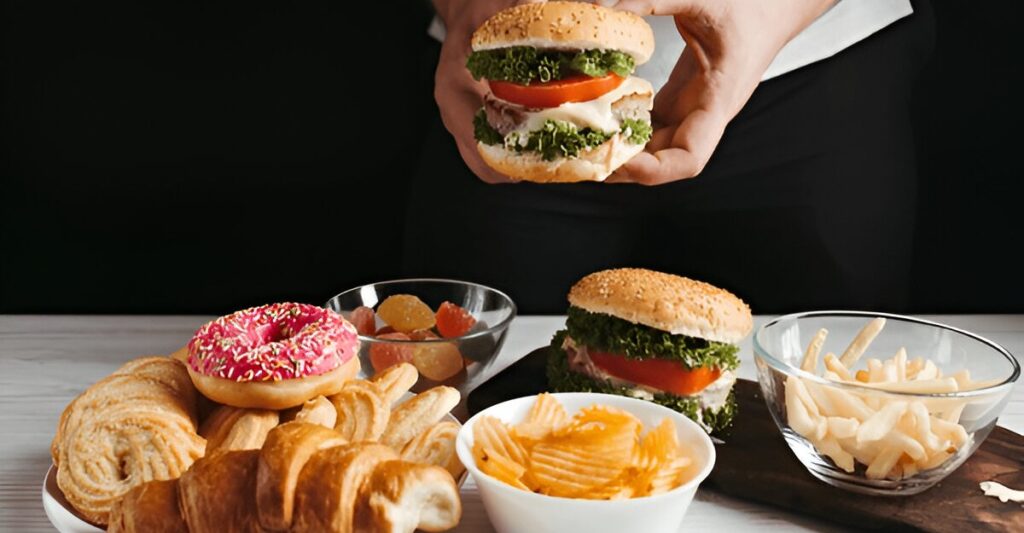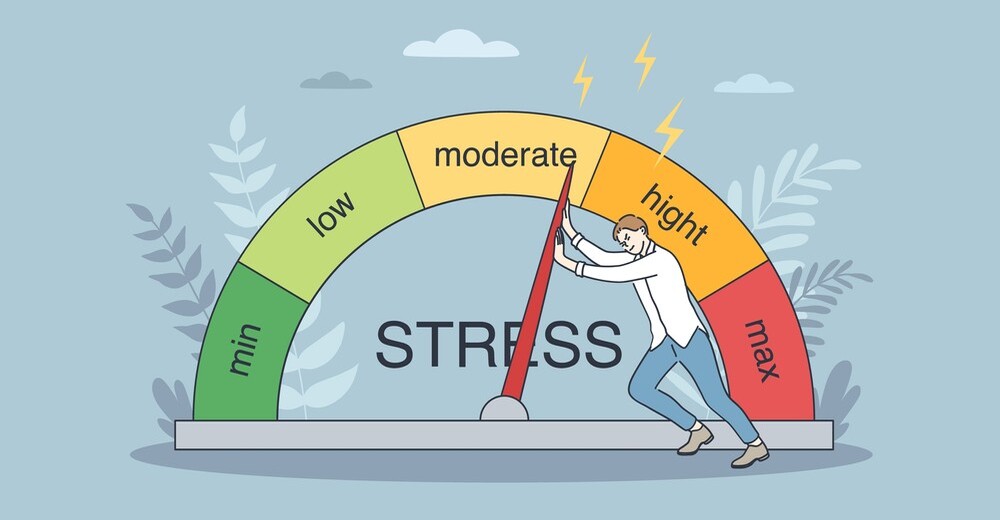The term “cheat meal” often sparks curiosity and debate among those striving for a healthy lifestyle. Does it mean indulging in a guilt-free pizza night, or is it a risky slip that could derail your diet? Understanding what a cheat meal is and whether it’s okay can help you navigate your nutrition plan with confidence. In this article, we’ll define what a cheat meal is, explore its potential benefits and drawbacks, and share tips to incorporate it wisely into your healthy eating routine.
What Is a Cheat Meal?
A cheat meal is a planned indulgence where you enjoy foods that don’t align with your usual healthy eating plan, such as high-calorie, high-fat, or sugary items like burgers, ice cream, or fries. Unlike an unplanned binge, a cheat meal is intentional, controlled, and typically limited to one meal or a specific occasion. The idea is to satisfy cravings, enjoy favorite foods, and maintain dietary balance without derailing long-term health goals.
For example, if you follow a nutrient-dense diet during the week, a cheat meal might be a Saturday night slice of pizza or a Sunday brunch with pancakes. The key is moderation— a cheat meal is not a free-for-all but a mindful treat within a structured plan.
Why Include a Cheat Meal?
Incorporating a cheat meal into your diet can offer several benefits when done thoughtfully. Here’s why a cheat meal might be okay and even helpful:
- Satisfies Cravings: Allowing yourself to enjoy favorite foods reduces the urge to binge, making it easier to stick to healthy eating long-term.
- Boosts Mental Well-Being: A cheat meal can provide a psychological break from dietary restrictions, reducing feelings of deprivation and enhancing enjoyment.
- Supports Adherence: Knowing a cheat meal is coming can make it easier to stay disciplined during the week, improving diet consistency.
- May Aid Metabolism: Some research suggests that occasional higher-calorie meals can temporarily boost metabolism by increasing leptin, a hormone that regulates hunger and energy.
- Enhances Social Connections: Cheat meals often align with social events, like dining out with friends, helping you maintain a balanced lifestyle without missing out.
By understanding what a cheat meal is, you can use it strategically to support both your physical and mental health.
Is a Cheat Meal Okay? The Pros and Cons
While cheat meals can be beneficial, they’re not for everyone, and there are potential downsides to consider. Let’s weigh the pros and cons to determine if a cheat meal is okay for you.
Pros
- Flexibility: Cheat meals make healthy eating feel less restrictive, increasing the likelihood of long-term success.
- Enjoyment: Savoring foods you love boosts happiness and prevents burnout from rigid diets.
- Motivation: Planning a cheat meal can serve as a reward for sticking to your nutrition goals.
Cons
- Overindulgence Risk: A cheat meal can turn into a cheat day or weekend if not controlled, potentially undoing progress.
- Guilt or Shame: Some people feel guilty after a cheat meal, which can harm their relationship with food.
- Physical Discomfort: High-fat or sugary meals may cause bloating, fatigue, or sluggishness, especially if you’re used to cleaner eating.
- Not Ideal for Everyone: Those with specific health conditions (e.g., diabetes) or a history of disordered eating may need to avoid cheat meals to maintain stability.
The answer to “Is a cheat meal okay?” depends on your goals, mindset, and how you approach it. For most people, a cheat meal is fine—and even beneficial—when planned and enjoyed mindfully.
How to Incorporate a Cheat Meal Wisely
To make cheat meals work for you, follow these tips to enjoy them without derailing your health goals:
1. Plan Your Cheat Meal
Schedule your cheat meal in advance to keep it intentional. Choose a specific day or occasion, like a Friday night dinner or a birthday celebration. Planning helps you avoid impulsive indulgences and ensures your cheat meal fits into your overall nutrition plan.
- Example: Plan a cheat meal of pizza and dessert for Saturday night after a week of balanced eating.
2. Practice Portion Control
A cheat meal doesn’t mean eating unlimited amounts. Enjoy a reasonable portion to satisfy your craving without overdoing it. For instance:
- Have 1–2 slices of pizza with a side salad instead of half the pie.
- Savor a small scoop of ice cream rather than the whole pint.
Portion control keeps your cheat meal in check and reduces the chance of feeling sluggish or guilty.
3. Balance the Rest of Your Day
On the day of your cheat meal, focus on nutrient-dense foods for your other meals to maintain balance. Include lean proteins, vegetables, whole grains, and healthy fats to keep your nutrition on track.
- Example: If your cheat meal is dinner, have a breakfast of Greek yogurt with fruit and a lunch of grilled chicken with quinoa and veggies.
4. Eat Mindfully
Savor your cheat meal by eating slowly and without distractions. Focus on the flavors, textures, and enjoyment of the food. Mindful eating helps you feel satisfied with less and prevents overeating, making your cheat meal a positive experience.
- Tip: Put your fork down between bites and avoid eating in front of the TV.
5. Choose Quality Over Quantity
Opt for a high-quality version of your favorite food to make your cheat meal special. For example, choose artisanal ice cream or a gourmet burger over fast food. Quality foods are often more satisfying, so you need less to feel content.
- Example: Instead of a chain restaurant pizza, try a local pizzeria with fresh ingredients.
6. Stay Hydrated
Drinking water before and during your cheat meal can help you feel full and prevent overeating. It also supports digestion, especially if your cheat meal is high in sodium or sugar.
- Tip: Sip water with lemon or sparkling water for a refreshing complement to your meal.
7. Get Back on Track
After your cheat meal, return to your healthy eating routine with your next meal. Avoid the temptation to “compensate” by skipping meals or over-exercising, as this can lead to guilt or an unhealthy cycle. Treat the cheat meal as a normal part of your plan and move forward.
- Example: If your cheat meal was dinner, have a balanced breakfast the next morning, like oatmeal with berries and nuts.
8. Listen to Your Body
Pay attention to how your body feels after a cheat meal. If certain foods leave you bloated or tired, consider lighter alternatives for future cheat meals. For example, if fried foods don’t sit well, opt for grilled options instead. Listening to your body helps you refine what a cheat meal means for you.
Who Should Avoid Cheat Meals?
While cheat meals are okay for most, they may not suit everyone. Consider skipping cheat meals if:
- You have a medical condition requiring strict dietary control, like diabetes or heart disease.
- You struggle with disordered eating or find cheat meals trigger bingeing.
- You feel intense guilt or anxiety after indulging, which impacts your mental health.
In these cases, work with a dietitian or therapist to find alternative ways to enjoy food flexibly while meeting your health needs.
Common Myths About Cheat Meals
Let’s debunk some misconceptions about cheat meals:
- Myth 1: Cheat Meals Ruin Your Diet
One meal won’t undo a week of healthy eating. Consistency over time matters more than a single indulgence. - Myth 2: Cheat Meals Are Mandatory
Cheat meals are optional. If you don’t crave them or prefer consistent eating, that’s perfectly fine. - Myth 3: Cheat Meals Must Be Junk Food
A cheat meal can be any food outside your usual plan, like a homemade dessert or a richer dish, not just fast food.
How Cheat Meals Fit Into a Healthy Lifestyle
A cheat meal is just one part of a balanced approach to wellness. Pair it with:
- Balanced Nutrition: Focus on whole foods like vegetables, lean proteins, and whole grains for most meals.
- Regular Exercise: Use cheat meals to fuel workouts or celebrate fitness milestones.
- Mindful Eating: Apply mindfulness to all meals, not just cheat meals, for a healthier food relationship.
- Self-Compassion: Embrace flexibility and avoid guilt to maintain a positive mindset.
Conclusion
Understanding what a cheat meal is and whether it’s okay empowers you to enjoy food without compromising your health. When planned and savored mindfully, a cheat meal can satisfy cravings, boost motivation, and make healthy eating sustainable. By practicing portion control, balancing your day, and returning to your routine afterward, you can incorporate cheat meals guilt-free. Whether it’s a slice of pizza or a decadent dessert, a cheat meal is a reminder that healthy living includes joy and flexibility. Here’s to eating well and loving every bite!



